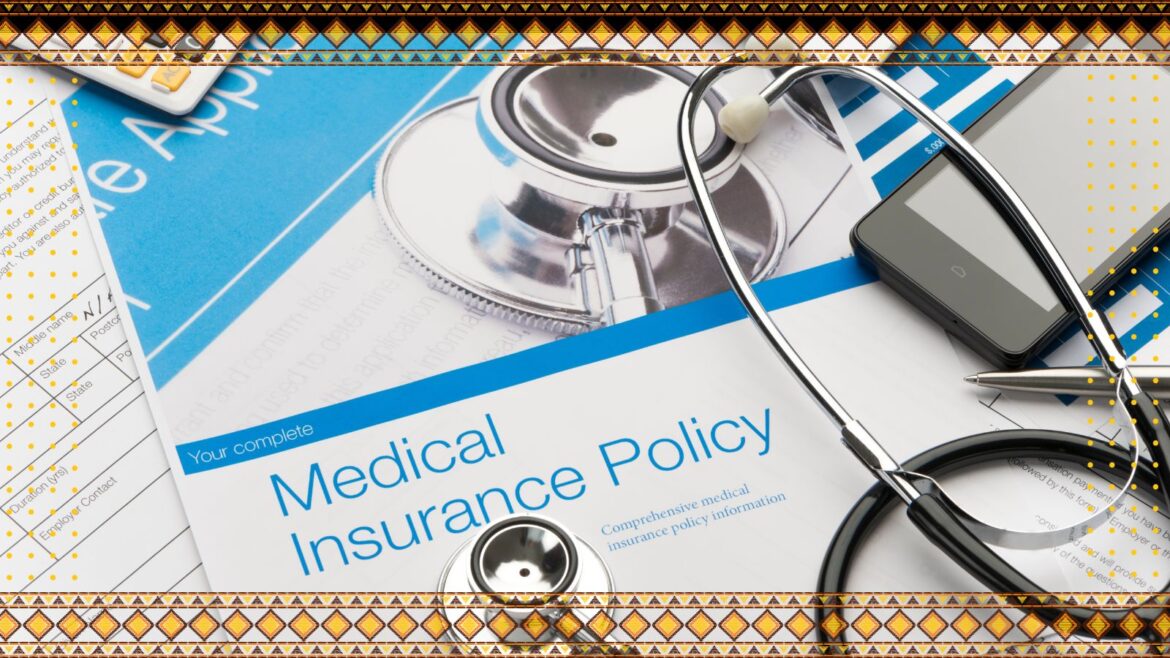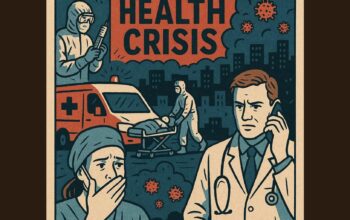by Stacy M. Brown
Premiums on the federal Affordable Care Act (ACA) exchange will increase in 2024, but the Biden administration has pledged that generous subsidies will ensure that most consumers remain shielded from the rising costs.
According to the Centers for Medicare and Medicaid Services (CMS), the average monthly premium for the benchmark silver plan in 2024 will see a 4% increase in the 32 states participating in HealthCare.gov, the federal exchange.
The uptick mirrors the increase seen in the previous year and marks a shift from the four consecutive years of premium declines that preceded it.
U.S. Department of Health and Human Services (HHS) Secretary Xavier Becerra emphasized the administration’s commitment to affordable health care coverage.
“Millions of Americans have obtained affordable, high-quality health care coverage through the marketplaces,” Becerra stated.
He said everyone should visit HealthCare.gov to explore the available health insurance plans and learn more about the options that best suit their needs.
“The Biden-Harris administration has made it a priority to continue to strengthen the ACA and build on its progress by reducing premiums for the millions of Americans enrolled in marketplace coverage,” Becerra added.
CMS Administrator Chiquita Brooks-LaSure also highlighted the growth and strengthening of ACA Marketplaces in recent years. She encouraged consumers to explore HealthCare.gov and their state-based marketplaces to preview plans and premiums before the Open Enrollment period.
Administration officials have credited the Inflation Reduction Act for continuing the qualification criteria for health insurance coverage assistance and premiums, which will remain stable for the third consecutive year. The law has allowed four out of five HealthCare.gov consumers to secure plans for $10 or less per month, thanks to expanded financial assistance.
Also, because of the Inflation Reduction Act and other reforms made by the Biden administration, more people who were not eligible for financial help before can now get lower premiums through tax credits. That includes families whose employer-based insurance was too expensive and people with low incomes.
For the first time, the marketplace application will include optional demographic questions related to sex assigned at birth, sexual orientation, and gender identity. Officials added those questions to analyze health disparities in access to coverage to improve the consumer experience by enabling individuals to attest in a way that reflects and affirms their identities.
Consumers have the choice to answer, skip, or indicate their preference not to answer any or all the three optional questions. Importantly, individual responses or decisions to skip these questions will have no impact on their eligibility results, plan pricing, or plan costs. Federal officials said they would protect the privacy of all shared information.
In 2023, a significant 96% of enrollees who selected plans on the federal exchange during open enrollment were eligible for expanded subsidies. For current policyholders who remain within their coverage tier, approximately two-thirds can find plans for less than $10 per month for the upcoming year.
Overall, four out of five consumers will have the option to select plans on the federal exchange for $10 or less per month, providing cost-effective healthcare coverage options for most Americans.
Nearly all consumers will have access to at least three insurers, with an average of just under seven options available to choose from.
For those seeking assistance with the application process, the HealthCare.gov call center is available around the clock, providing support in 200 languages. Additionally, consumers can find local assisters, agents or brokers in their area by going to HealthCare.gov and selecting the “Find local help” option.
The Marketplace Open Enrollment Period on HealthCare.gov will run from Nov. 1 to Jan. 15. Those who enroll by midnight on Dec. 15 (5 a.m. EST on Dec. 16) will secure full-year coverage starting on Jan. 1. Given that Jan. 15, is a federal holiday, the enrollment deadline will be extended until midnight on Jan. 16 (5 a.m. EST on Jan. 17) to allow consumers to enroll in coverage. Consumers enrolling after Dec. 15 but before the January deadline will have coverage starting on Feb. 1.
Source: Published without changes from Washington Informer Newspaper




